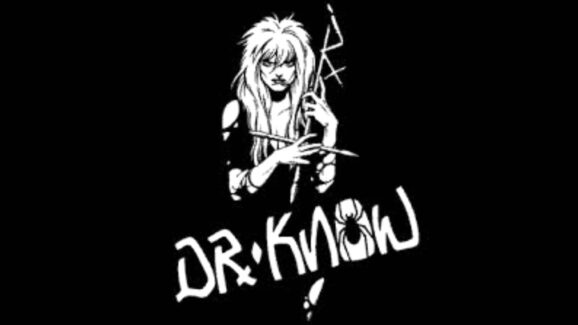[rating=8.00] “Sundowner
We’ve crossed the midway hump and the endgame is now on the horizon. Preacher, for all its early stumbles, has begun to craft its dangling threads into the tapestry of what’s to come; the weaving may have been slow, at first, but the mounting pressures have finally caused its initial façades to crumble, revealing the darker underbellies wherein the point actually lays.
This episode was bookended by the major of these points—the existence of heaven and hell. Though we, the audience, have been given cause to believe that heaven plays a key role in the events we’ve seen thus far, Jesse Custer’s eyes have finally been opened. As DeBlanc and Fiore explain to him the history of his power—he is possessed by an entity called Genesis, the offspring of sexual union between an angel and a demon—the scope of Jesse’s predicament has finally started to dawn on him, even if he has yet to admit the danger his power presents.
He’s barely the time to process the information before confirmation comes in the form of an attack by a Seraphim, a warrior angel of greater standing than DeBlanc and Fiore. Our two angels have been pegged for heavenly arrest, having descended to earth sans permission in order to cover up the escape by Genesis, whose very existence is embarrassing to both heaven and hell, and who threatens to upset whatever cosmic balance is in play between the opposing sides.
The ensuing battle was one of the best openings of the series thus far, with neither Jesse, DeBlanc and Fiore nor the Seraphim able to defeat each other, leading to a series of deaths and rebirths that continue ad infinitum as the battle progresses. The three angles die and die again, with no side able to make headway as their empty vessels begin to fill the motel room where Fiore and DeBlanc have made their home.
As fun as the scene was—and it was fun—it also provided us with a bit of insight about the depth of Jesse’s powers as DeBlanc and Fiore find themselves helpless to disobey Jesse’s orders to stay away from him. Genesis might not be the voice of God, but does it matter if the effect is the same? So far we’ve seen humans, animals, and angels fall under the sway of his Voice, so where does the line get drawn.

This also gives us a tiny taste of what’s to come within the series overall. Humans against humans; angels against angels; the threat of demons; and Jesse against all of them. That’s provided, of course, Jesse can manage not to fall too deeply into the pit of temptation and recognizes the dangers of his powers, which may yet still happen, but not soon enough to save poor Eugene.
Arseface is having some doubts about the legitimacy of Jesse’s plans here, and is feeling some amount of guilt over the forced change of mind for Tracy’s mom. The concept of freewill is important to Eugene, as a Christian, and he believes that her forgiveness is invalid, due to not having a choice. He’s right, of course; forgiveness is meaningless if you haven’t gotten there on your own, and the sudden change of heart for Tracy’s mom is wrong, once again showing the problems with Jesse’s power and its effects on his decision making.
None of this matters to the preacher though. For Jesse, the ends justify the means, and if the ends are more people showing the Christian values of love and forgiveness then the means are worthwhile. This is setting up the central conflict of the entire series, so it deserves some audience attention. The argument between Jesse and Eugene in the chapel represents a microcosm of the events to come—what is the purpose of freewill and how does it relate to God and Christianity? Is Jesse doing the Christian thing? What even is “the Christian thing”?
Surely, it’s not what happens to Eugene/Arseface when a frustrated Jesse yells out, in anger, “Go to Hell.” Yet again, Jesse’s poor choice of words and lack of consideration of the consequences bites him in the ass. While it happens off screen, the audience hears what sounds to be a demonic growl, followed by the complete absence of Eugene. Where has he gone? The answer seems clear.
Will this change Jesse’s mind about the scope of his powers? Until this moment, he’d planned on using his powers on a mass scale on the townspeople. This doesn’t seem like a great idea anymore, but since when has that stopped Jesse from doing something stupid? Will he ever learn?
With that, we’re flung headlong into the second half of this inaugural season. Where do we go from here? Beyond Jesse’s struggles with the scope of his powers, we’ve got a multitude of questions to consider. How will Tulip and Cassidy’s backseat tryst effect the relationship between the three mains? How, exactly, is Quincannon planning on serving God? What of the Cowboy, or the man in the white suit? Where do we go from here?
Comic readers will note the throwaway line, “A mean old woman gave it to me,” as Cassidy remarked on one of Jesse’s tattoos. There’s your first hint right there. While the route getting there may be circuitous and new, we can glean from that the plans to stick to one of the comic’s most beloved storylines sitting there just over the horizon. With the Annville endgame starting to take form, we may just get there sooner rather than later.










